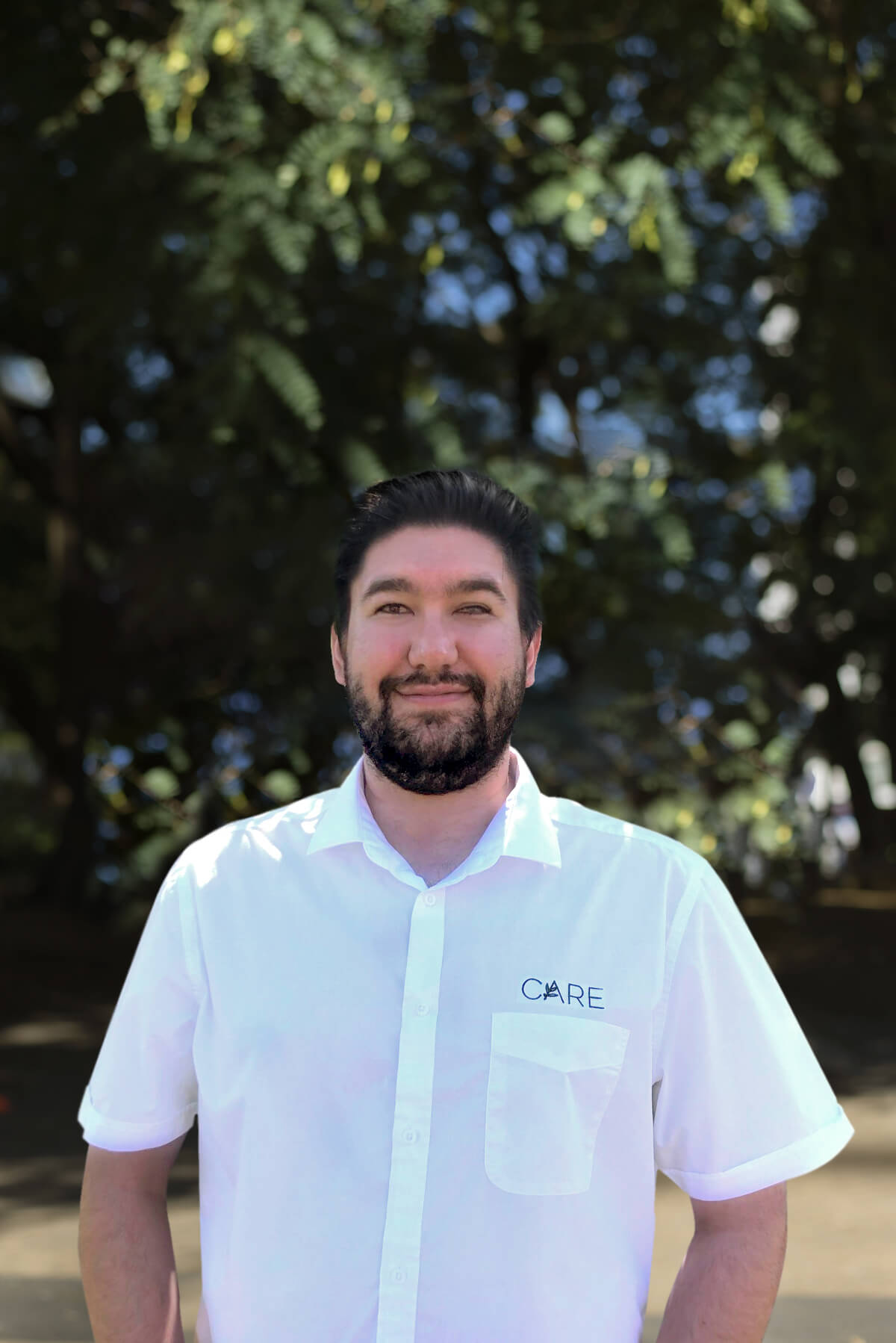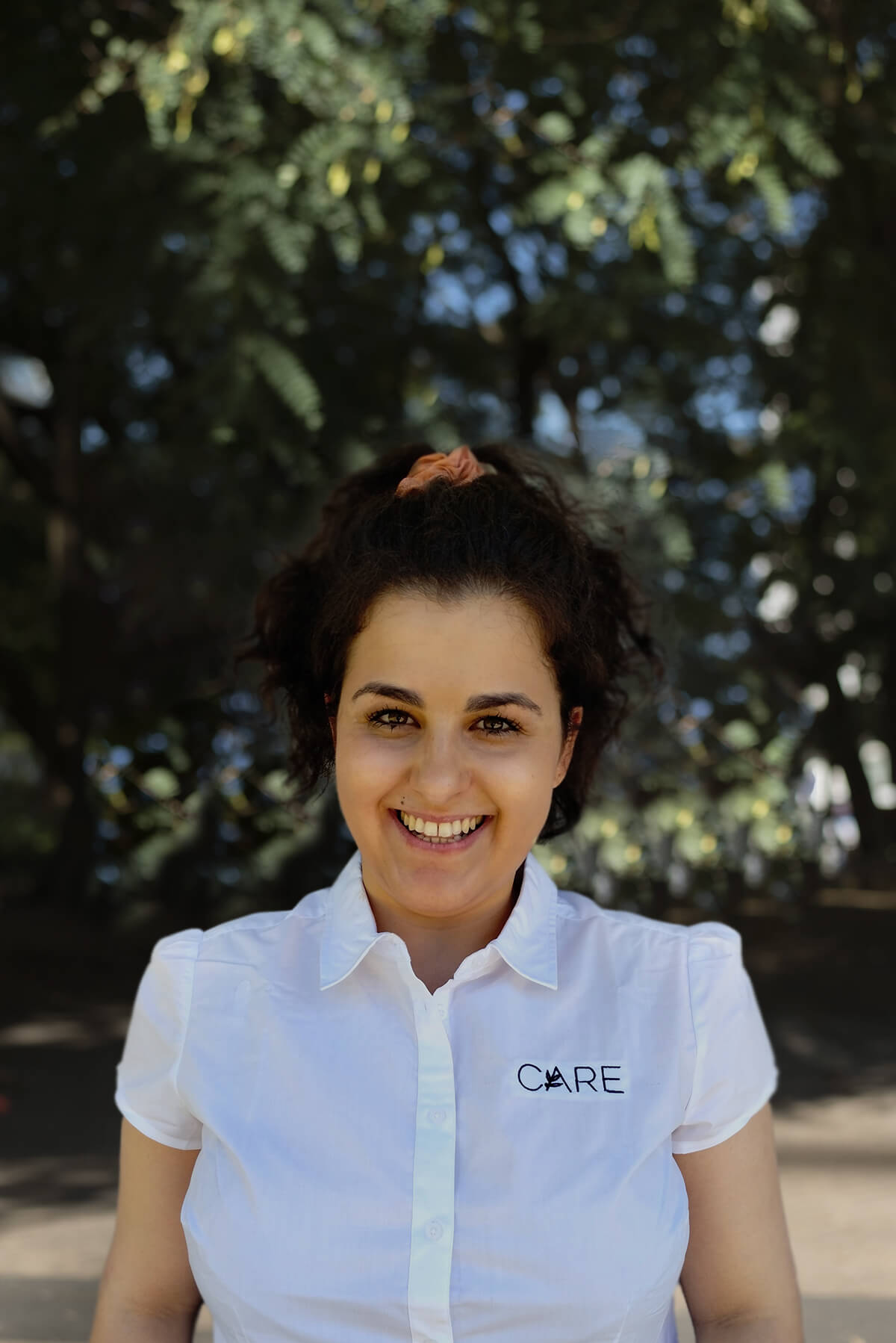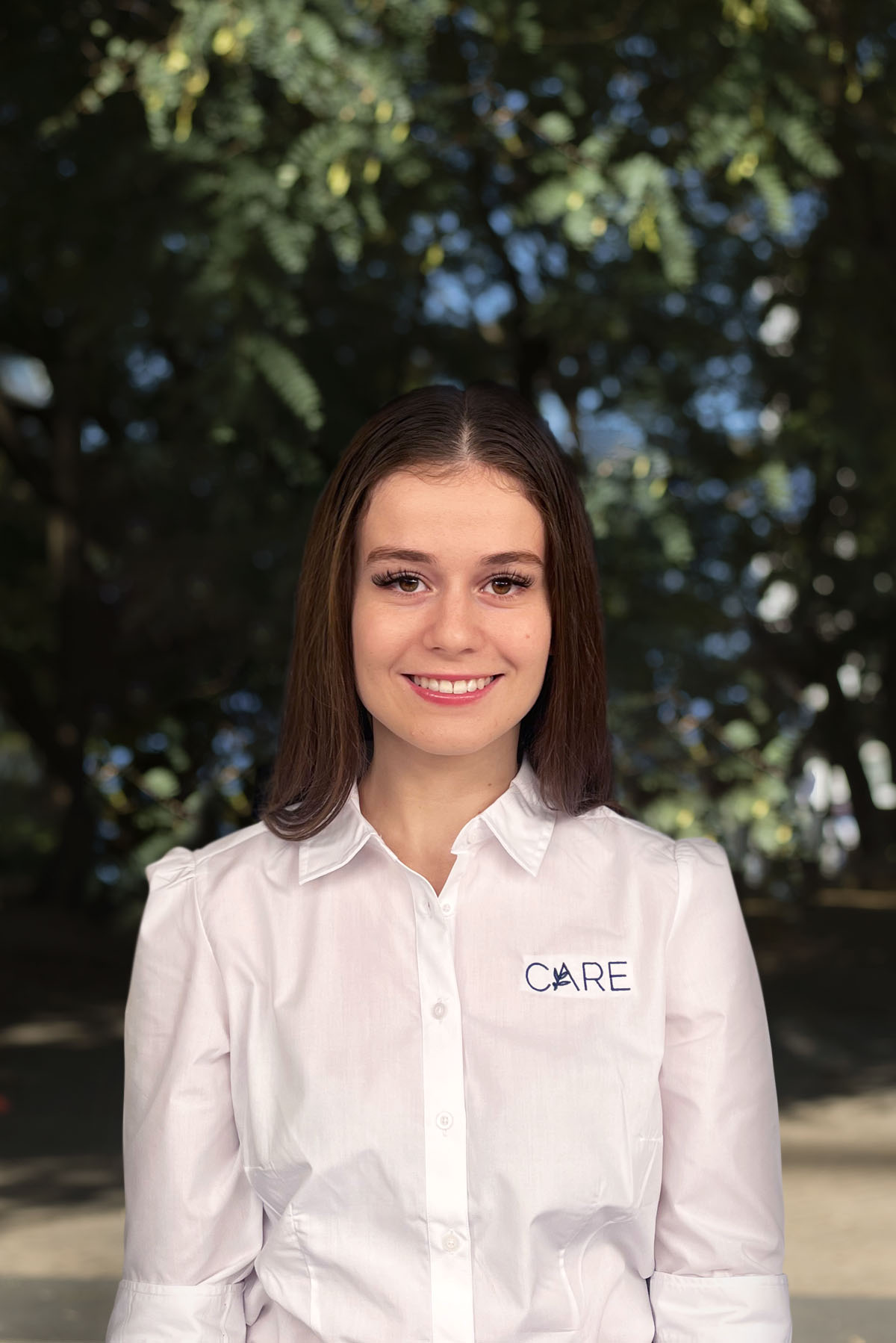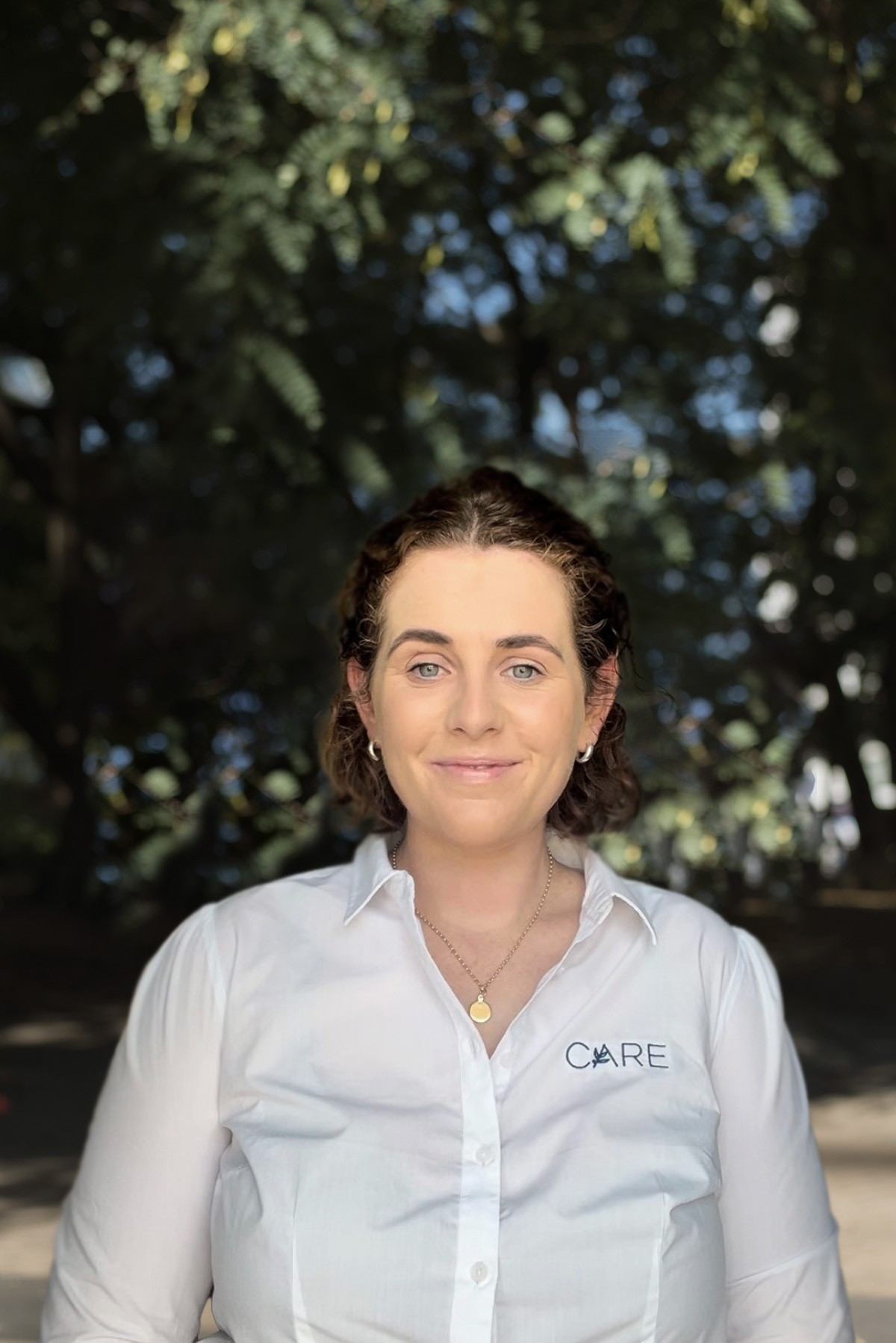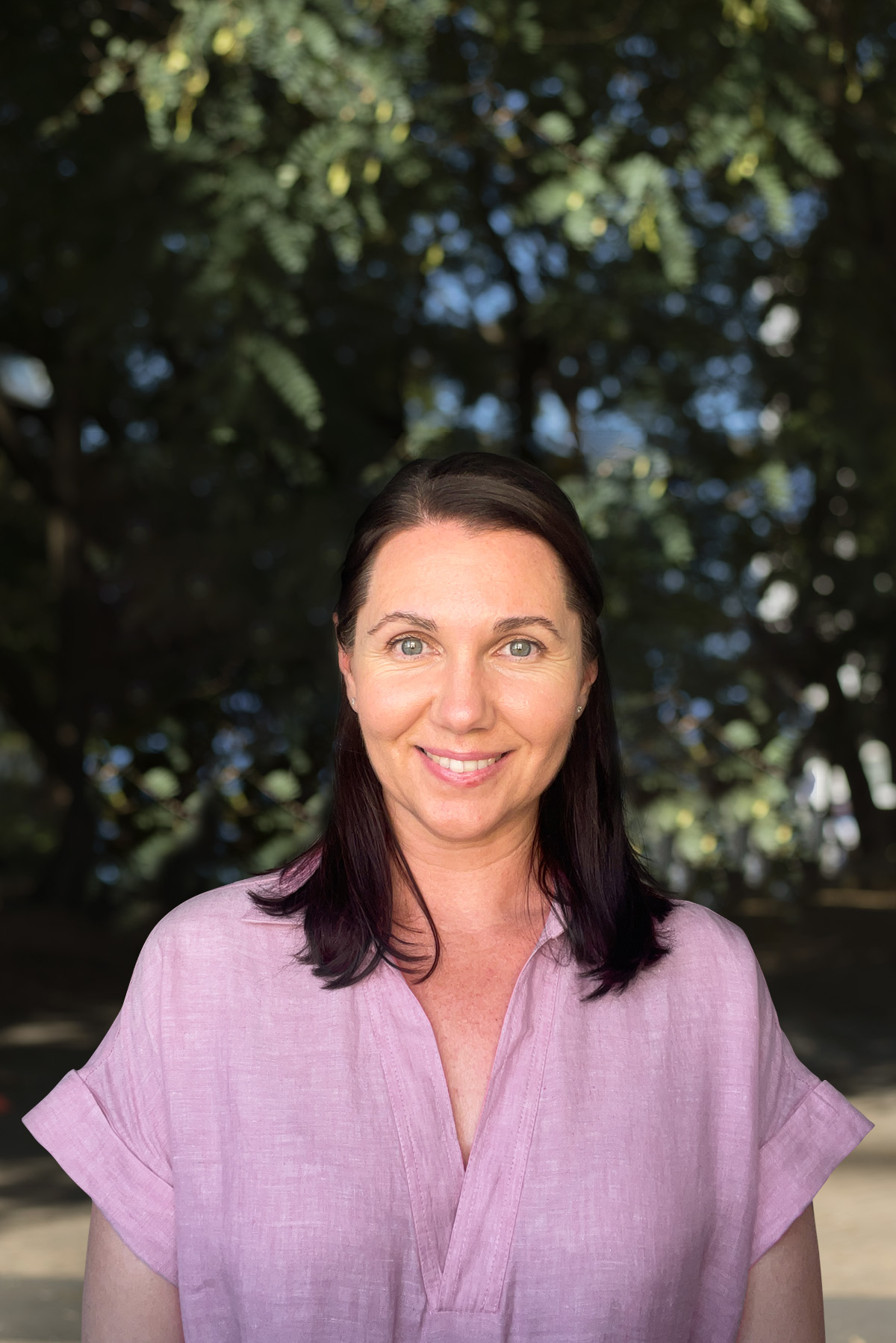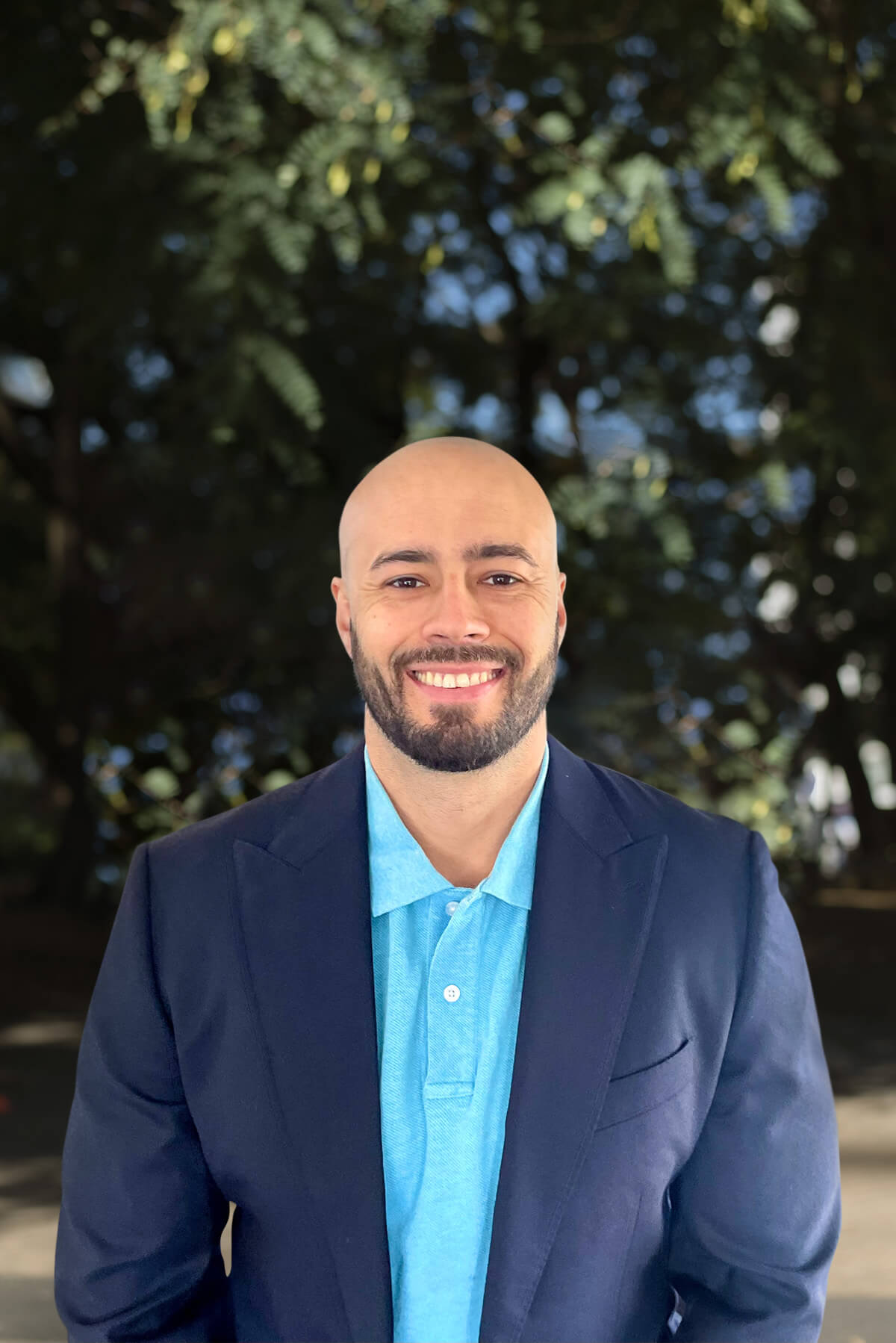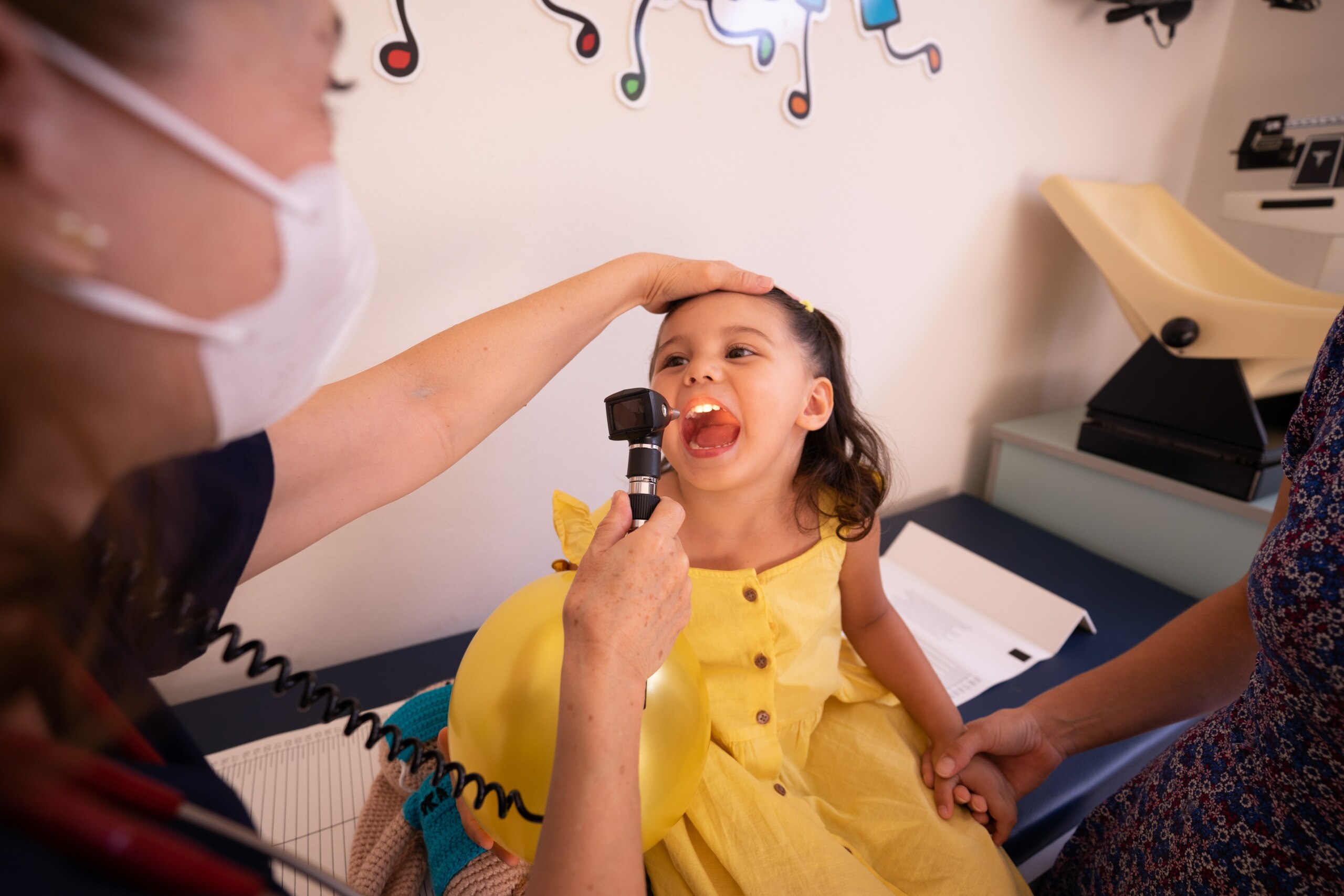Care Speech Pathology
Expressive Language Disorder
Difficulties with expressive language affect people of various age groups in Australia. If your child is identified as struggling with their expressive language, it is important to know you are not alone. Families around the country are supporting a child with language disorder and/or expressive language challenges every day. The good news is, speech pathologists in Australia are specially trained to improve children’s expressive communication skills by using evidence-based and intensive intervention.

At Care Speech Pathology, we know how to help.
You have probably noticed a range of subtle signs if your child’s expressive language isn’t developing as you expected. These might include some or several of the following:
Late talker
Using short sentences
Using words incorrectly
Leaving words out of sentences
Being less talkative or social than their peers
Difficulty finding the right words (eg, pausing or repeating themselves)
Difficulty forming sentences or stories
Limited vocabulary (eg, using more general words rather than specific vocabulary)
Errors in the use of past, present and future tense
Difficulty explaining things
Difficulty describing things
Being misunderstood by others
Feeling frustrated when talking is difficult, or they are not understood
Difficulty using ‘joining words’ such as ‘or’, ‘and’, ‘but, ‘yet’, ‘so’ and ‘because’
Sound errors and difficulty pronouncing words

What is Expressive Language Disorder?
Expressive language difficulties occur when someone has difficulty getting their message across to others using words. This may be the result of a developmental disorder (ie, since birth) or an acquired injury.
Children with expressive language difficulties and/or language disorder often have difficulty sharing their thoughts and feelings. Despite these difficulties, these children may be able to understand what is said to them quite well and have cognitive abilities that are typical for their age.
How can we help children with expressive language disorder?
At Care Speech Pathology, our therapists play a crucial role in the assessment and treatment of language delays, difficulties and disorders.
Step
We will start by completing a comprehensive assessment to evaluate your child’s expressive language skills, the severity of any difficulties and how it is impacting their ability to communicate. We will generally assess their receptive language skills as well, to identify if they have difficulties with understanding. This assessment may include standardised tests, informal assessments, observations of their use of language in different contexts as well as your insights and opinions and those of their educators. Your child will likely be referred for a hearing test if they haven’t had one recently in order to rule out any hearing differences that could be impacting their ability to use language effectively.
Step
We can then plan individualised language treatment based on your child’s specific strengths and needs. Treatment will use various strategies to address your child’s difficulties in expressing themself. Treatment will vary but will likely engage your child in activities that expand their vocabulary and use of sentence structures to improve their ability to communicate clearly. Treatment may involve lots of repetition, modelling and feedback. Social communication skills may also be developed through stories, explicit teaching, game and role play to reduce social misunderstandings. We will monitor progress and adjust treatment as needed. We can cater intervention to your child’s interests and attention abilities.
Step
The speech pathologist will collaborate with parents/carers to provide guidance, strategies, and activities that can be incorporated into daily routines and interactions to support your child's language development, and enhance communication at home. The speech pathologist can also make suggestions to your child’s educators that will support your child to express themselves more effectively at daycare or school. This might involve the use of visual aids that can be used by your child when they are unable to express what they need verbally. This may also include their educators modelling correct language, expanding communication into full sentences to provide repeated exposure to correct use of language, listening patiently without interrupting, reinforcing communication efforts with praise and supporting the child’s use of technology to communicate as required.
Step
We will also consider your child’s communication as a whole and if there is anything else we can be doing to support them. For example, it might be suitable for your child to use another means of communication to support them in expressing their message (such as a communication book or a special type of sign language called Key Word Sign) temporarily while their language is still developing.
Remember: Speech pathologists only spend 1 hour with your child every week, whereas you spend 168 hours with them! This means that you are your child’s most important therapist, and our job as speech pathologists is simply to point you in the right direction. At Care Speech Pathology, we are experts in provide parent coaching so that you can become the best language teacher you can be!

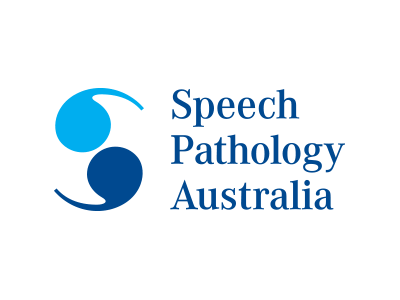
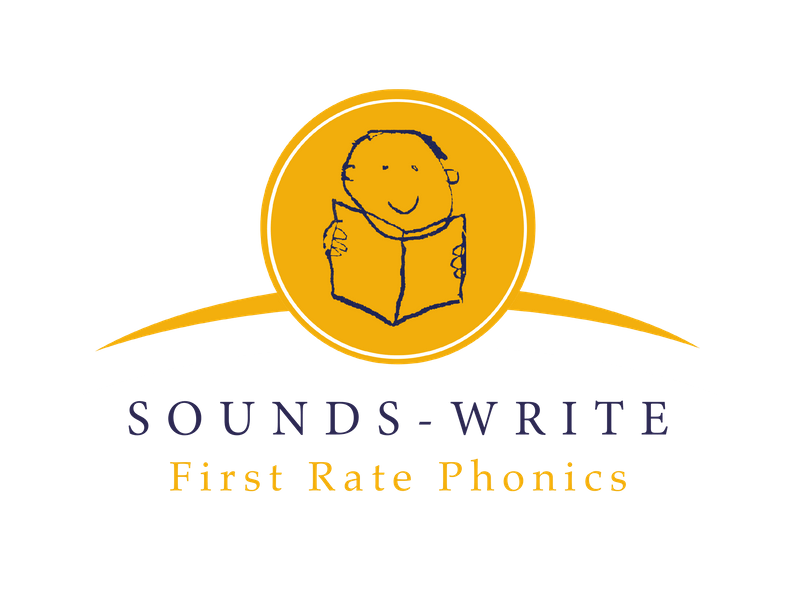



Meet Our Team
Nurturing Your Potential
Get to know our friendly and professional team of Speech Pathologists.
Book an appointment
Contact the Care Speech Team Today. Call 1300 086 280 or Leave Your Details Below.
We're super responsive
Subscribe
Subscribe to our emails for the latest articles and service information


